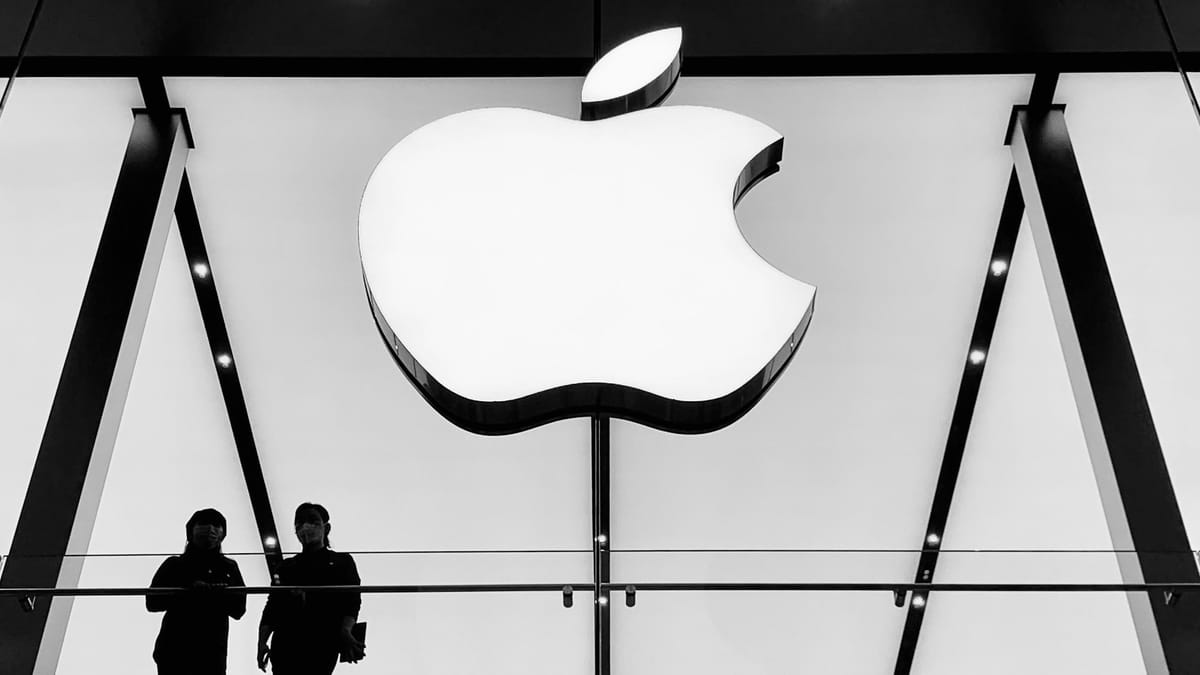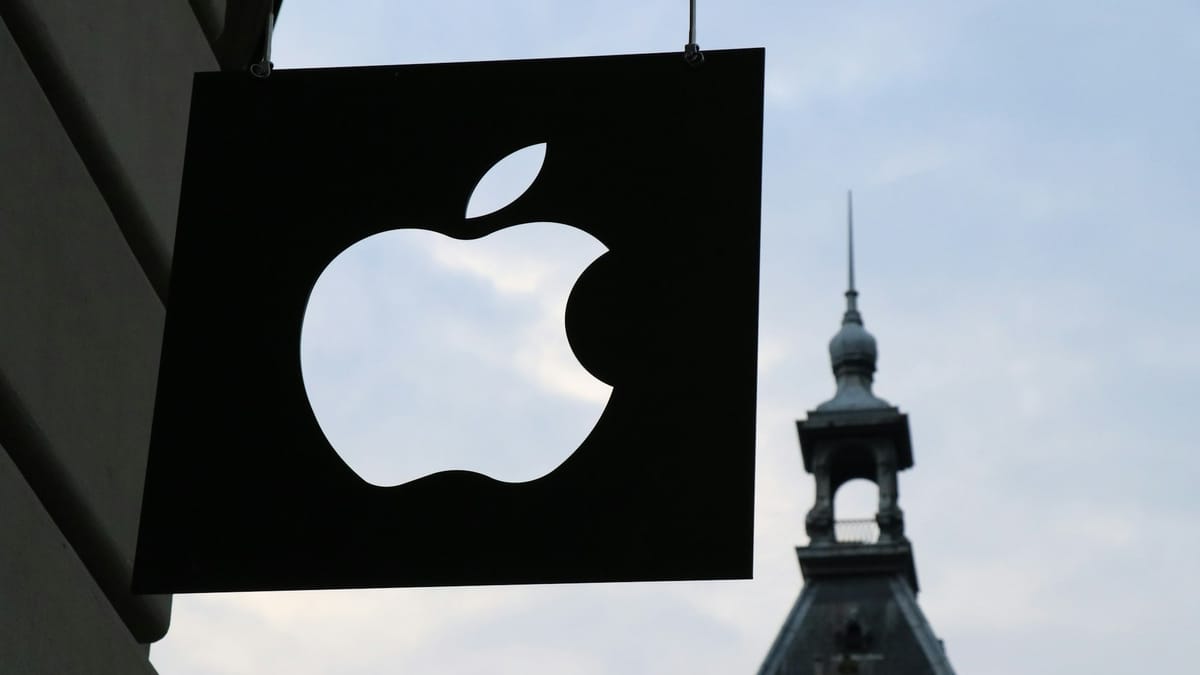Apple's plan to lift iPhone 16 ban in Indonesia fails

Apple has been desperate to get its iPhone 16 ban lifted in the Indonesian market. The tech giant first offered $10 million, but when that was turned down, it increased its offering tenfold to $100 million.
Despite the massive increment, the Indonesian government has still rejected Apple’s offer, calling it insufficient to meet the country’s local content requirements. Indonesia’s Industry Minister, Agus Gumiwang Kartasasmita, made the announcement on Monday in a press briefing.
The rejection came after Indonesia decided to crack down on companies that refused to follow its rule that requires smartphones sold in the country to have at least 40% locally made components. This policy, designed to boost domestic manufacturing and supply chains, is part of the government’s strategy to support local industries and create jobs.

Apple, which has no manufacturing facilities in Indonesia, had hoped its $100 million proposal to establish an accessories and component plant would satisfy these requirements, but officials felt it didn’t go far enough. Minister Agus emphasized that the offer did not meet the "principles of fairness," especially when compared to Apple’s larger investments in neighbouring countries like Vietnam and Thailand.
Since 2018, Apple has operated application-developer academies in Indonesia, which were previously considered a way to help meet local content rules for older iPhone models. However, the Indonesian government is now seeking more tangible commitments, especially in terms of hardware production and local sourcing of parts.

The government has left the door open for further discussions. Minister Agus mentioned that Apple would be invited to visit Indonesia for more negotiations, signalling that the two sides might still find a way to reach an agreement. This move comes as Indonesia positions itself as a competitive player in the tech manufacturing space, alongside other Southeast Asian nations like Vietnam, which have become important hubs for Apple’s supply chain.
For Apple, the stakes are high. Indonesia is a huge market with over 270 million people, and any ongoing roadblock to the iPhone 16’s release could hurt its growth in the region.

